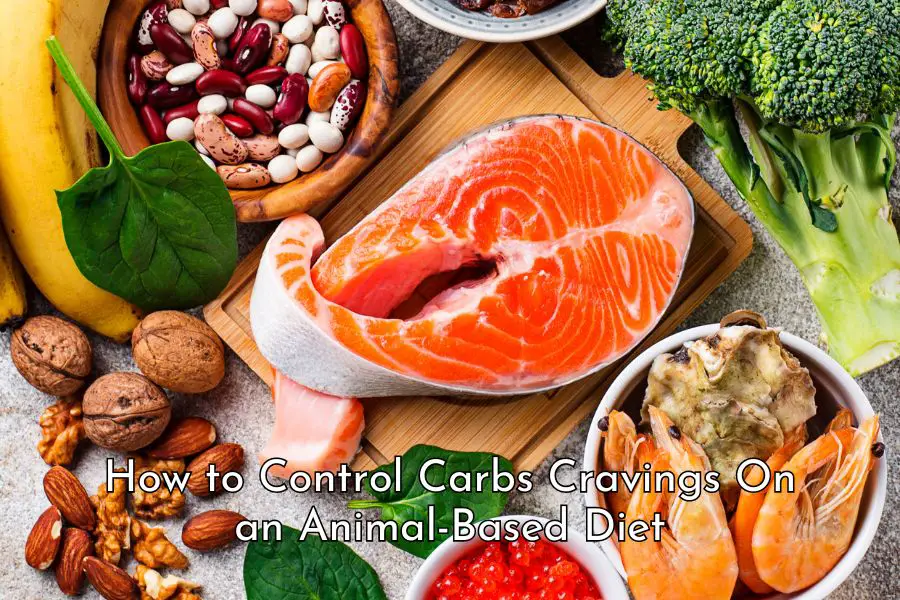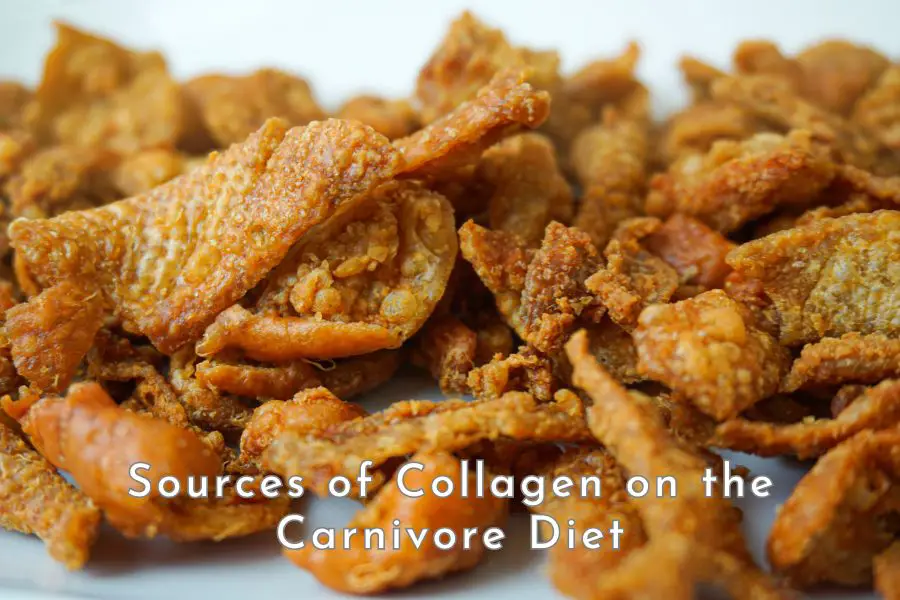If you are on the carnivore diet at the moment and wonder whether raising your children on the carnivore diet is safe, then this post is for you.
The short answer is it is perfectly safe to raise your children on the carnivore diet because this diet can provide all the nutrients that your growing children need. More than being safe, this diet is probably the healthiest diet you can raise your children on because its food is nutrient-dense, highly bioavailable, and free from plant toxins.
Is the carnivore diet safe for children?
I have previously written a post about why the carnivore diet is generally safe if you do it correctly, i.e. eating a wide variety of animal source food, eating nose to tail, eating food from naturally or well-raised animals as much as possible, and eating a mixture of cooked and raw food. This is what our bodies are meant to eat because this was the way that our ancestors ate for millions of years which determines our genetic make-up today.
If a food is healthy for adults, it is healthy for children too because we are all humans.
The carnivore diet is definitely safe for children too for the same reasons:
- There is no risk of malnutrition on the carnivore diet if done properly. Your children will get every nutrient that their growing bodies need from calcium, vitamin C, vitamin A, vitamin K to folate
- There is no conclusive evidence that a diet high in meat causes cancer, heart diseases and numerous other health problems that you might have been warned about by your doctors and health authorities
- From an evolutionary perspective, if this diet had been unsafe, our ancestors wouldn’t have survived on this diet. The fact that they not only survived but thrived on a heavily meat-based diet tells us otherwise.
If you would like to read about the above arguments and supporting evidence in more detail, please check out this post.
Is the carnivore diet healthy for children?
I have previously written a post about why I think the carnivore diet is a healthy diet in general. The same arguments also apply to children and I will summarize them here:
- It provides children with good quality complete proteins while plant proteins are incomplete because they generally lack one or two essential amino acids
- It provides children with all essential vitamins and minerals for their growing needs. All essential nutrients that your children need can be found in meat and organ meat and I challenge you to find an essential nutrient that is not available in animal source food
- It provides children with a good source of energy in the form of animal fats. Animal fats are a much better source of fuel for their bodies than carbohydrates which have been linked to increased risk of metabolic syndromes
- Nutrients on the carnivore diet come in highly bioavailable forms and are free from plant toxins.
Around 2.6 million years ago, the human brain size was about 650cc. At the time, they were likely only scavengers and had access to leftover parts of the animal, like marrow and brains.[1, 2]
Subsequently, archeological evidence shows that humans began to hunt and had access to all parts of the animal. They dined on mostly large animals for over 2 million years. This coincided with the massive increase in the human brain size during this period to around 1500cc.
The fact that our ancestors not only survived but thrived on a mostly meat-based diet indicates that this animal-based diet must have been healthy otherwise we wouldn’t have been where we are today.
Again, if you would like to read about the above arguments and supporting evidence in more detail, please check out this in-depth post which answers the question why the carnivore diet is healthy.
Is there any evidence on the long-term safeness of the carnivore diet?
The carnivore diet is currently still being labeled as a fad diet by many healthcare professionals, therefore, it is unlikely that we will see any serious research done on the long-term safeness of the carnivore diet for some time to come.
Dr. Shawn Baker, a strong advocate of the carnivore diet with a large army of followers, however, is currently raising funds to carry out the first-ever large-scale carnivore diet clinical trial. With peer-reviewed clinical data, he hopes to change the current understanding of nutrition and how chronic diseases are managed.
Even if there is research done later on, you probably would never see randomized controlled trials done on children for obvious ethical reasons.
However, the fact of the matter is we don’t really need to wait for the latest evidence from some randomized controlled trials on the safeness of the carnivore diet. We already have an abundance of good quality evidence right in front of us.
Evidence from human physiology and genetics, archeology, paleontology, and zoology points to the fact that our ancestors were hyper-carnivorous apex predators that ate mostly meat from large animals for 2 million years. [3]
As mentioned above, if this diet is nutritionally deficient or unsafe in some ways, humans would have been wiped out or evolved very differently.
In addition, some modern-day groups like the Canadian Inuit, the Maasai tribe from Kenya, the Gauchos in South America, the Mongolian nomads also follow either an exclusively animal-based diet or a heavily meat-based diet but remain free of health issues that we all have been warned about if we eat too much meat. [4, 5, 6, 7, 8]
How to get your children started on the carnivore diet?
The easiest time to start your children on the carnivore diet is, of course, when they are still in their mothers’ wombs.
This can be naturally followed by exclusive breastfeeding for as long as possible and you’d have no difficulty doing this: your children are born carnivores.
When they start on solid food, you don’t need to be too strict or dogmatic about their diet. In my view, make meat and organ meat (especially those from ruminants) the center of their diets and let them have some seasonal fruits and vegetables if they enjoy. Fresh whole food is the key. A bit of seasonal plant food, if they have no problem with it, should be fine.
Children are very smart, if you let them choose, they’ll likely go for meat and some fruits but probably won’t touch vegetables, especially the plain unprocessed ones. And if you feed them fresh whole fruits, you don’t need to worry about the amount of carbs in there, it’s hard to eat a lot of fresh whole fruits.
But I would definitely stay away or severely limit grains, seed oils, and all processed foods if I can.
I think the most important and difficult thing is to educate your children about healthy food choices. One day, they will be out of your control and be free to eat whatever they want. Hopefully, if they understand the reasoning behind your current food choices, they will make better choices themselves as adults.
And this is no small task, given what they see other children eating daily and what they are being taught at schools about food pyramids, healthy eating plates, food traffic light systems, and the like.
But, hopefully, by setting a good example, being consistent, and patiently explaining to them the whys of your food choices, your children will get it one day.
If you can do 90% carnivore in the current environment, I think you would have done an excellent job already.
Conclusion
If you want to raise your children on a carnivore diet or a meat-centered diet, go ahead and I wish you the best of luck. Based on what I’ve learned from my research and experience, the carnivore diet is a safe and healthy diet and it is the diet that humans are designed to eat.
If you find this post helpful, please consider sharing this post and my site with your family, friends, and followers. That would be much appreciated. Please also check out my library of articles on the carnivore diet here which is updated regularly.
Disclaimer: The information in this post is for reference purposes only and not intended to constitute or replace professional medical advice. Please consult a qualified medical professional before making any changes to your diet or lifestyle.
Photo credit: Hannah Tasker on Unsplash





